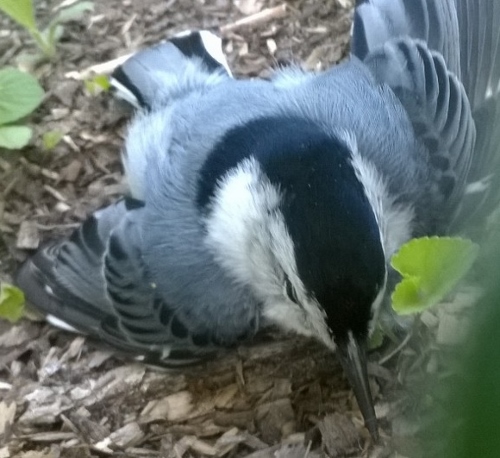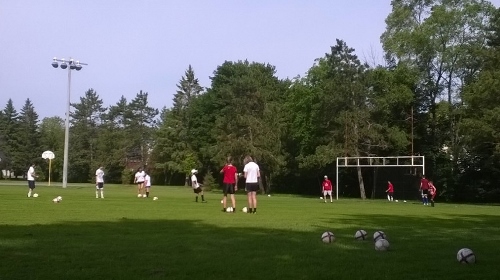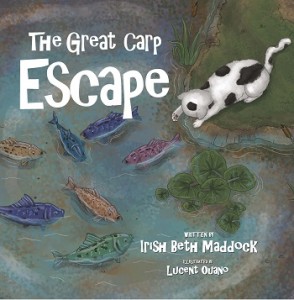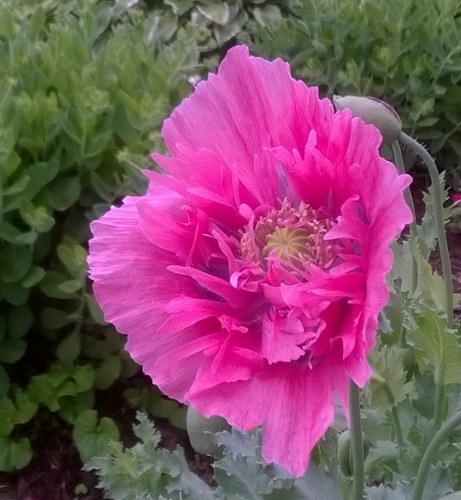“Come and listen, all you who fear God; let me tell you what he has done for me.” Psalm 66: 16
Why did this nuthatch die? Why do people suffer endlessly so that death seems a welcome relief? Why is there illness, abuse, tragedy, natural disaster, heartache, unbelief? Why?
There are many answers, but none of them is satisfying. None of them really addresses the question.
Sometimes we can find no answers, no solutions. There aren’t even questions anymore, and there is certainly no comfort.
In the days when circumstances were so devastating that I was fighting tears several times an hour, my husband sent me to our pastor.
He had no easy answers either.
Really, there was only the answer God gave suffering Job, to look at the world he had made and experience his greatness. (Job 38-41) Or, in everyday terms, to look out the window.
So when I came home I stood close to the window and looked out, searching for God’s answer to Job. Suddenly a nuthatch thudded, hard, into the window and fell down among the greenery. It twitched a little. A few sparrows came to investigate but kept a respectful distance. It spread its wings and lay still. Its mate flew down, hopped around it, prodded it gently with her long beak. No response. She poked the quiet head hard, waited a moment, tried again, and then flew away.
The end.
That is what I saw when I looked out the window for God’s answer. The very fate I feared for loved ones.
How could God answer my questions in this way? What did he mean? Or, chilling and barely-admitted thought, was there no meaning at all?
I was used to finding comfort in the gospel. Now there was no solace at all. Driving among the barren spring fields two mornings later, pondering many sad things, asking wordless questions, I finally said to God, “Well, if there’s no comfort in believing, what’s the use?”
And that’s when he gave me this realization: It’s not about comfort; it’s about truth. If God is the almighty Creator, he in control of all that happens. That’s about truth, not about comfort.
In a supernatural flash I was given this certainty more deeply than ever before. And this deeper acceptance of the truth that God is in charge and guides even the most horrific circumstances—as Job also knew—instantly flooded my heart with consolation. For the great Creator who loves me had planned all this in advance. Somehow, in a way that a puny human mind cannot understand, it is all good.
Somehow. Because my good God guides all things.
And once he gave me faith again, I could see that truth again.
“Praise be to God who has not rejected my prayer or withheld his love from me!” Psalm 66: 20
Even before the nuthatch died, someone asked me what the lesson in all the anguish was. One lesson is that when we hit rock bottom, God is there. Another is that when we acknowledge what is true, God is with us and comforts us. The fundamental lesson, however, is that when we have doubts and face terrible situations, we need to run to God, not away from him, for he will listen and he has the power to take care of us.
Yes, this is the most fundamental lesson of all: run to him with our doubts and questions, never away from him.
Why did this nuthatch die? Perhaps to teach me these things. Perhaps to remind you, my dear reader, of them. We do not know, but God does. And because he is our truth, he is our comfort. So when hard times and difficult questions come into your life, dear reader, run to him.
May God bless us all!
—
This is part of a series of occasional meditations about daily life, Bible readings, and our pastor’s sermons, and is based on various Bible passages: Job 38-41, Psalms 23, 34, 42, 43, 66, 143, Mark 8:11-21, and many more.
For more encouragement, visit Raising Homemakers, Titus 2 Tuesday, R&R Wednesdays.




